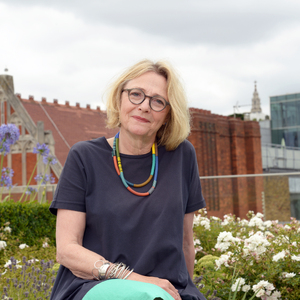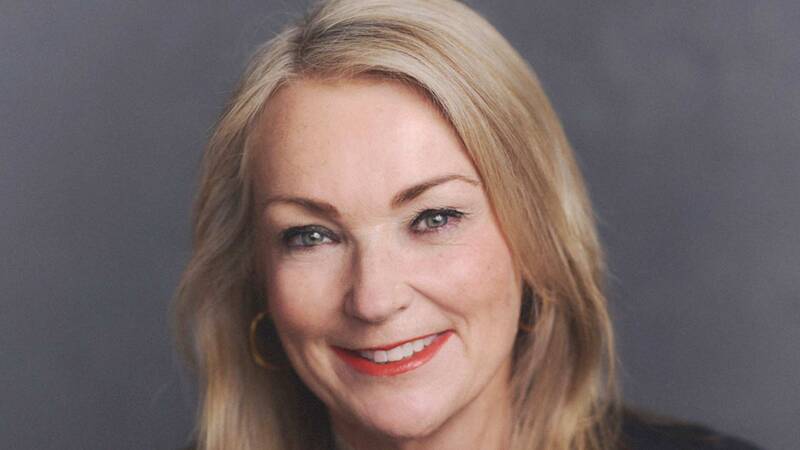You are viewing your 1 free article this month. Login to read more articles.
Age matters
The industry needs to do more to ensure that people from all age groups are included in the workforce if we are are to reach more readers.
If you are aged 35 right now you are likely just half-way through your career. In the generations following mine it will be ordinary to work until you are 70 and, should you want, beyond. The workplace is experiencing a dynamic revolution.
As a woman in her sixties, I can remember when there was another tipping point where more than 50% of women went out to work and altered the nature of the workplace forever. Since 2011, with the end of the mandatory retirement age, we’re in another period of dramatic change: currently, over 30% of the workers in the UK are over 50 and that percentage is set to rise.
Recently, Hachette UK’s staff network AgeWise commissioned Nielsen to do a special in-depth study of readers over 45. The data shows what many of us knew anecdotally: in 2022, readers over 45 spent nearly £990m on buying 145 million books, which is 41% (volume) 40% (value) of all books sold in the UK. This group buys 46.5% (value) of all hardbacks, 48.5% of fiction, 52.7% of non-fiction, and 56.3% (volume) and 44.1% (value) of all e-book purchases.
Inclusive workforce
Authors over the age of 50 write a vast number of the books published and many have said they want to see some people of a similar age in their publishing houses.
The understanding of the demographic of readers needs rethinking and it makes business sense for our workforce to reflect our readers.
Is publishing keeping up with the changes? No, is the quick answer.
While publishing is finally awake to the fact that we are woefully behind in mirroring the diversity of our UK readership, our contention is that diversity must include age
At Hachette UK, we formed the AgeWise network in 2018 with the mantra: “Proud to be an Intergenerational Company”. We’re not pitching old versus young; our crucial point is that to thrive, the publishing industry must be as intergenerational as its readers and writers.
We first called ourselves “Ageless”. A network of over 200 people, our mission is to counteract society’s ageism and to focus on the huge benefits of an intergenerational workforce. But our choice of name undercut us—we too were embodying denial by seeming to agree that “age is just a number”, “you’re only as old as you feel” and “to be ageless” is the goal. But it’s not at all what we know and feel.
So, we became AgeWise: a proud, honest, and upfront name that says why we believe our contribution is essential. While publishing is finally awake to the fact that we are woefully behind in mirroring the diversity of our UK readership, our contention is that diversity must include age. We believe both an intersectional and intergenerational staff is the key to success.
At Hachette UK, we have received a wonderful response from staff and the leadership team and we have a collective understanding that there is work to do. We also know our staff: 19% of our workforce is over 50. AgeWise thinks, to represent our readership and to keep parity with the UK workforce, that percentage should be higher and the Hachette UK board agrees. I would be pleasantly surprised if other c.e.o.s knew their over 50 stats, much less had a plan of how to improve them. What I fear c.e.o.s have in mind is that older workers cost more. However, since we believe that the majority of management (with appropriate salaries) are aged under 50, I suggest that this is a false anxiety and even unconscious bias. An employee who does not deliver their salary’s worth is a management issue, one that can be found at any age.
Crucially, our idea of a balanced company is that the over 50s should be throughout the company, not just at senior levels. To help achieve this, Hachette UK is working with Rest Less to recruit more people over 50 into all roles.
Reflecting the readership
We’re all aware of the need for our publishing teams to better reflect our readership, including those we are not reaching effectively. Our consumer research showed that readers think of themselves as “a reader” not an “older reader”. Therefore, we are not suggesting that we tailor content to this age group; we’re asking how do the over 45s hear about books? Where do they buy them? What triggers their purchases? We at AgeWise know they are a market force, but does the industry? Some publicity and marketing departments have as few as 6% of people over 50 and a recent BA survey showed that just one in five booksellers were aged 55–60. Without the experience of older staff, are we missing an opportunity in understanding how we reach and sell even more to older readers?
One interesting stat from the Nielsen survey is that this group indexes low on audio: only 35% of the market. Are we walking away from a large market by not finding out why? Of course we are.
AgeWise at Hachette UK is unique. We have vigorous and productive dialogues with management. We have a 10-point manifesto. We have held over 300 individual mentoring sessions. We are helping people over 50 feel visible and recognised for their experience and knowledge. We give back to the company and we have plenty to give. We know stuff! Come on, be age-wise publishers.




















